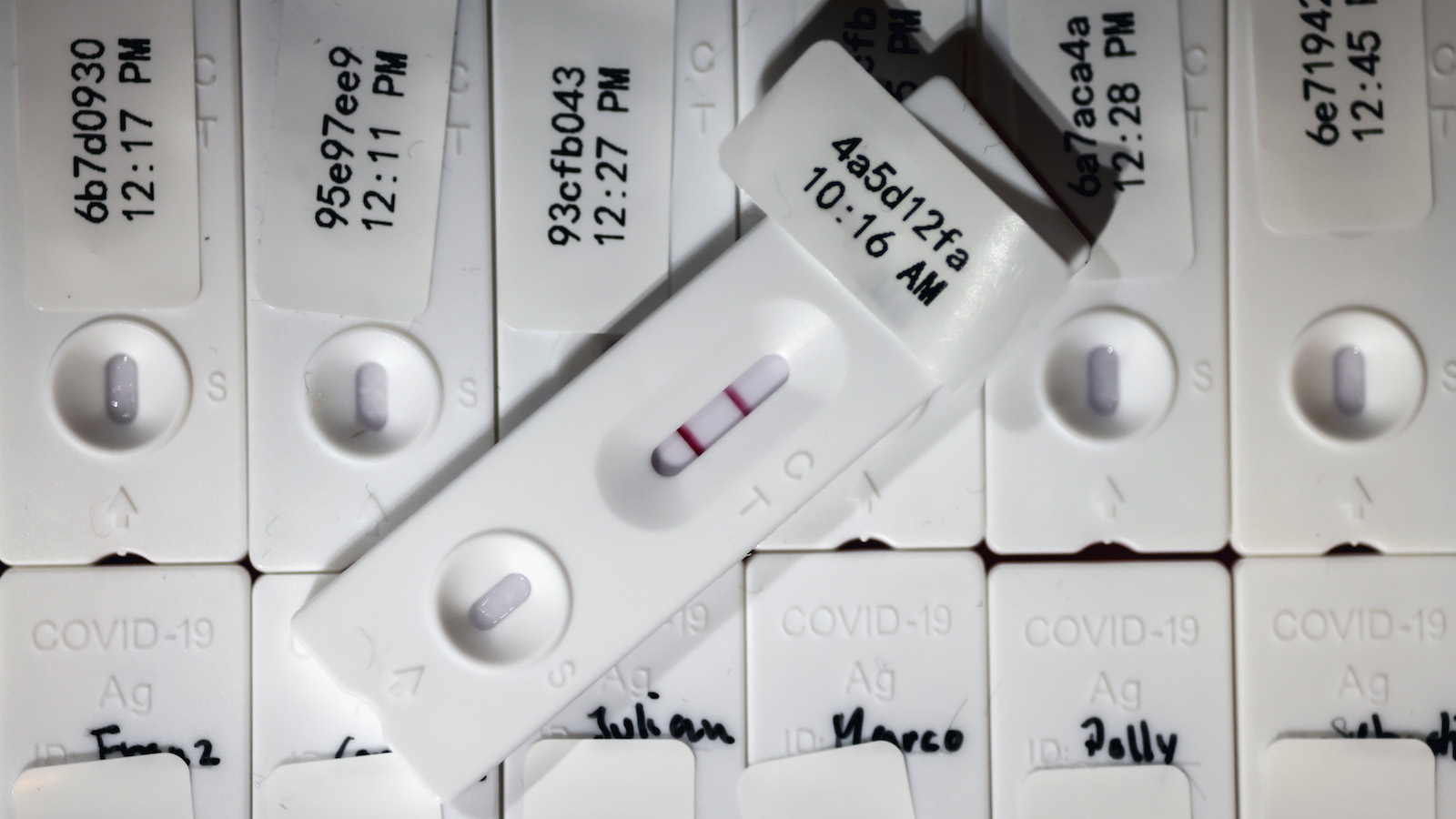Covid-19: How to study the phenomenon of reinfection?
1:11
(CNN Spanish) --
At this point in the pandemic, you have surely heard of people who have had covid-19 more than once, despite being vaccinated.
And this seems to be no accident.
Dr. Elmer Huerta explains in this episode why scientists think the omicron variant may be to blame for this trend.
You can listen to this episode on Spotify or your favorite podcast platform, or read the transcript below.
Hi, I'm Dr. Elmer Huerta and this is your dose of information about the new coronavirus.
Information that we hope will be useful to take care of his health and that of his family.
A very frequent question that the public asks is the one that refers to the possibility of being infected several times with the new coronavirus.
Today we will see what is known about it.
Reinfection by covid-19: a trend within the pandemic
Over the last few months, anecdotes have been repeatedly told of people who have had covid-19 two or three times.
advertising
What these people say is that their first infection occurred at the beginning of the pandemic, and that in recent months, despite being vaccinated, they have had the infection one or two more times, infections that, they say, have been milder than the first.
The fact is that it is being documented that it is possible to be infected more than once with SARS-CoV-2, especially after the appearance of the omicron lineage.
In this regard, it is very important to understand that the appearance of the omicron variant of the coronavirus has completely changed the concept of reinfection.
In my opinion, the pandemic—so far—can be divided into a time before and after omicron.
Prior to its appearance, when the alpha, beta, gamma, epsilon, mu or delta variants were present, reinfection was considered a possible but rare phenomenon.
It was thought that neutralizing antibodies produced by one infection were capable of protecting against infections by other variants.
But that changed in South Africa, a country where, despite the fact that 70% of the population had already suffered from the disease due to the beta and delta variants, thousands of cases caused by the B.1 or omicron variant began to occur.
Subsequently, in that same country, thousands of people, who had already had BA.1 infection, began to be infected again with the BA.4 and BA.5 subvariants, causing a fifth wave of the disease.
Most of those infections—with the exception of those that occurred in people with immunodeficiencies—were mild and uncomplicated.
The spread of the omicron variant
In the following months, and when the omicron variant spread to other countries, the same phenomenon began to be observed.
People who, after having suffered from covid-19, began to be infected again.
The central point is then that -unlike the old variants- the ómicron family has managed to develop the ability to evade neutralizing antibodies produced by vaccines and natural disease, being able to infect previously infected people for the third or fourth time.
In this regard, a preprint by Canadian researchers found that, in an unvaccinated person, previous infection caused by a non-omicron variant decreased the risk of re-infection with omicron by only 44%.
But in addition to this ability to evade antibodies produced by previous diseases, it is thought that the omicron lineages generate a weaker immune reaction, which, not lasting beyond 3 to 4 months, would make reinfection with other omicron variants more difficult. possible.
In this regard, a pre-publication by South African researchers finds that the BA.4 and BA.5 variants are capable of infecting people who have already been infected with BA.1 or ómicron.
What can we do?
Although it may sound disappointing that vaccines do not perfectly protect against new infection by the omicron family of coronavirus, it is very important to know that vaccines protect against severe disease and the possibility of hospitalization and death in vulnerable people.
Hence the need for people with chronic diseases and conditions that lower their immunity to receive booster doses of the vaccine.
It is very possible then, say experts quoted in a recent article in
The New York Times
, that the future of the pandemic implies the possibility that —just like colds— we will suffer a couple of covid infections per year, which in Most of them will be mild and will not produce complications, although the possibility of developing persistent covid would still be a threat to be evaluated.
All this assuming that the virus does not surprise us again, mutating into a variety as different from omicron as this one was from delta.
Do you have questions about covid-19?
Send me your questions on Twitter, we'll try to answer them in our next episodes.
You can find me at @DrHuerta.
If you find this podcast useful, be sure to subscribe to get the latest episode on your account.
Help others find it by rating and reviewing it on your favorite podcast app.
And for the most up-to-date information you can always head to CNNEspanol.com.
Thanks for your attention.
coronavirusCovid-19omicron








/cloudfront-eu-central-1.images.arcpublishing.com/prisa/OOLBKF5K4VFN7EA7IFFA4PMVUE.jpg)
